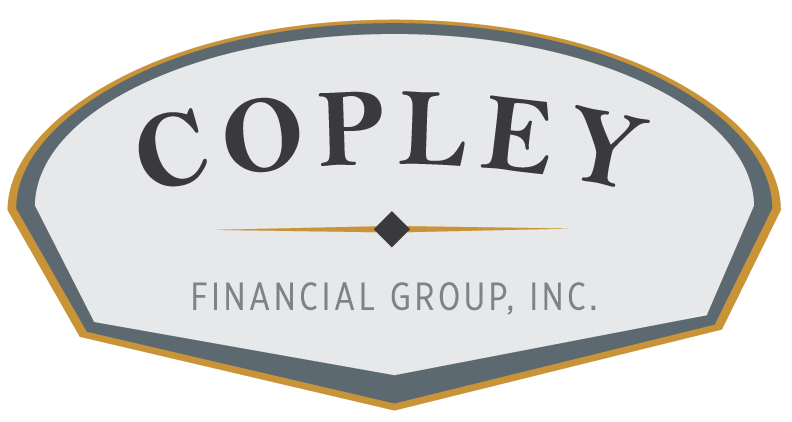What's An Initial Public Offering (IPO)?
Following a quiet period, the market for initial public offerings (IPO) is beginning to heat up, which may have some people wondering, "What is an IPO?"
An initial public offering allows a private firm to "go public" or begin trading in public markets by issuing its own shares for the first time on a stock exchange. As a result, any investor can purchase shares, and the company can acquire funds to expand.
Investors need to be more focused on the enthusiasm and hoopla surrounding an IPO's first day of trading. It is common for stocks to gain more than 50% on their first day on the market.
Why do companies go public?
While the primary goal for an IPO is usually to raise finance, there are other possible benefits for a firm. For starters, an IPO permits investors and workers of a company to sell their shares. They may have owned their shares for an extended period and are looking for liquidity.
Is it good to buy an IPO?
Initial public offerings (IPOs) can be an excellent investment opportunity in early-stage development enterprises. And, yes, the benefits can be enormous. You would have made millions if you had put $10,000 into Microsoft's (MSFT) or Amazon.com's (AMZN) IPOs. However, the risks can be significant.

